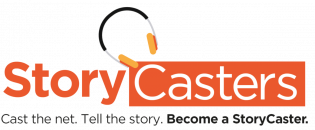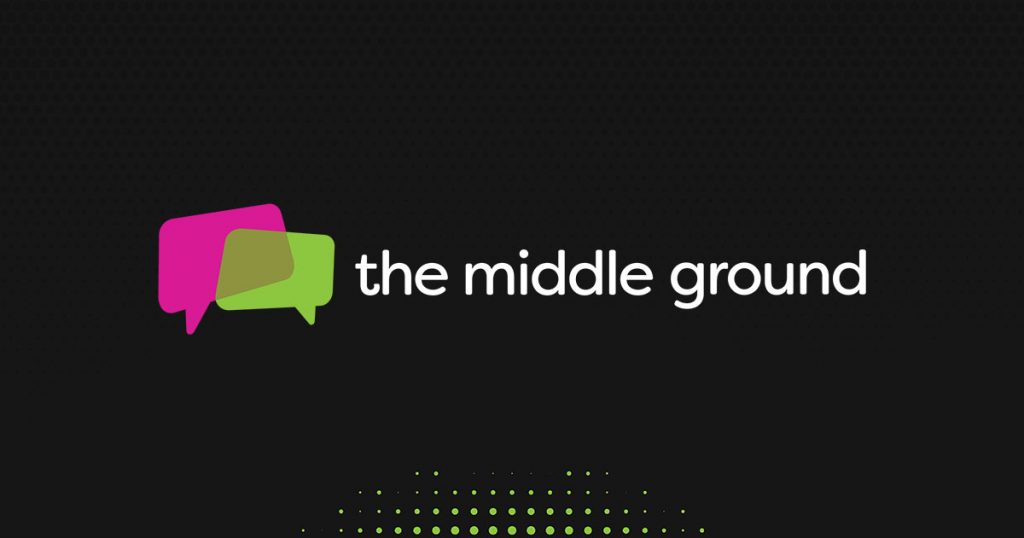The politics of polarisation has dominated public consciousness. In a world where divineness has found its way into our everyday conversations, it is now more than ever where we need to facilitate discussions to reach a middle ground. This is where the online portal, ‘The Middle Ground’ comes in. This project was created to establish a way of engaging difficult conversations in order to bring the two extremities of differing opinions, closer together.
The Muslims Women’s Association gathered feedback from their clients and learned that young Muslims were having difficulties in voicing their opinions on controversial topics in society. They found that this community felt silenced from engaging in these discussions due to fear of being labelled as a stereotypical ‘angry Muslim’. The project was then born with the objective of providing resources and tools that would assist people in engaging in these difficult conversations.
“This project was created to establish a way of engaging
difficult conversations and in order to bring the two extremities
of differing opinions, closer together”
– Ghaith, the Project Director of The Middle Ground
The Project Director, Ghaith, of ‘The Middle Ground’ makes clear that the aim of the project is not to change people’s opinions. Decades of research on confirmation bias demonstrates we are more likely to retain information that confirms the opinions we already hold, which can contribute to the polarity of the political divide. This is exacerbated due to the echo chambers we curate on social media that ensure we only hear a chorus of our own opinions directed back at us. The purpose of this program is simply to provide resources that allow people to engage with facts they may not have exposure too. These tools provide a way of engaging in challenging conversations rather than resorting to attacking the other person or being dismissive of them. The goal is that this will contribute to bridging the polarity and allow us to reach a shared outcome of a more cohesive society.
The program has five themes, based on Islamophobic rhetoric, which are as follows:
1. “We decide who comes here”
2. “Go back to where you came from”
3. “One nation, one law”
4. “Love it or leave it”
5. “Keep God at home”
Ghaith explains to me over Zoom, that these themes were carefully formulated after running focus groups and consultations for 12 months with diverse groups in the community. These themes reflect the collective anxieties that are held on both sides of the political spectrum and were specifically chosen to engage both. When these themes emerge in the public sphere and in everyday conversations, typically we can expect that it will result in a tense exchange that might escalate into an argument. However, it does not have to be that way. On the website, there is a dedicated page to each of the themes which includes a video, infographic, podcast, research paper, information sheet and conversation starters. These are targeted resources designed to present facts and alleviate certain groups concerns. As a result, the use of these resources assists in achieving more balanced and reasoned opinions in the public sphere and within our everyday conversations as well.
The launching of the project was highly successful with the theme specific videos amassing over 250,000 views. Ghaith clarifies how they learned a crucial lesson upon launching the program. Through observing the analytics, he was able to notice that for people watching the videos who were confronted with information that challenged their preconceived notions, they would simply click out after a minute. This illustrated that despite the undeniable power of social media, there had to be something else alongside it to propel social change forward.
This is where the second phase of the program comes in. The next phase of the program is to take the existing material on the website and develop it into interactive workshops for school aged students. Having gone to school in a wonderful, multicultural environment I cultivated a great ability to be able to speak my mind without fear of labels or repercussions of being stereotyped. However this changed at university, being in a larger group with some people who had never met a Muslim person before. I would often have abrasive, insensitive questions directed my way. In classroom settings there were discussions where I found it difficult to voice my opinion for fear of being labelled as an ‘angry Muslim.’ It was difficult to navigate this space and remind myself the importance of voicing my views.
The ‘Middle Ground,’ would have been an invaluable program to have engaged with when I was at school to give me the tools to navigate these complex situations. In the second phase, the workshops will be directed at senior students in high school to engage with them at a direct level and ensure they have access to facts and resources before they become susceptible to divisive rhetoric. As we emerge out of our second lockdown and children settle into school again it will be exciting to see how the ‘Middle Ground’ progresses.

